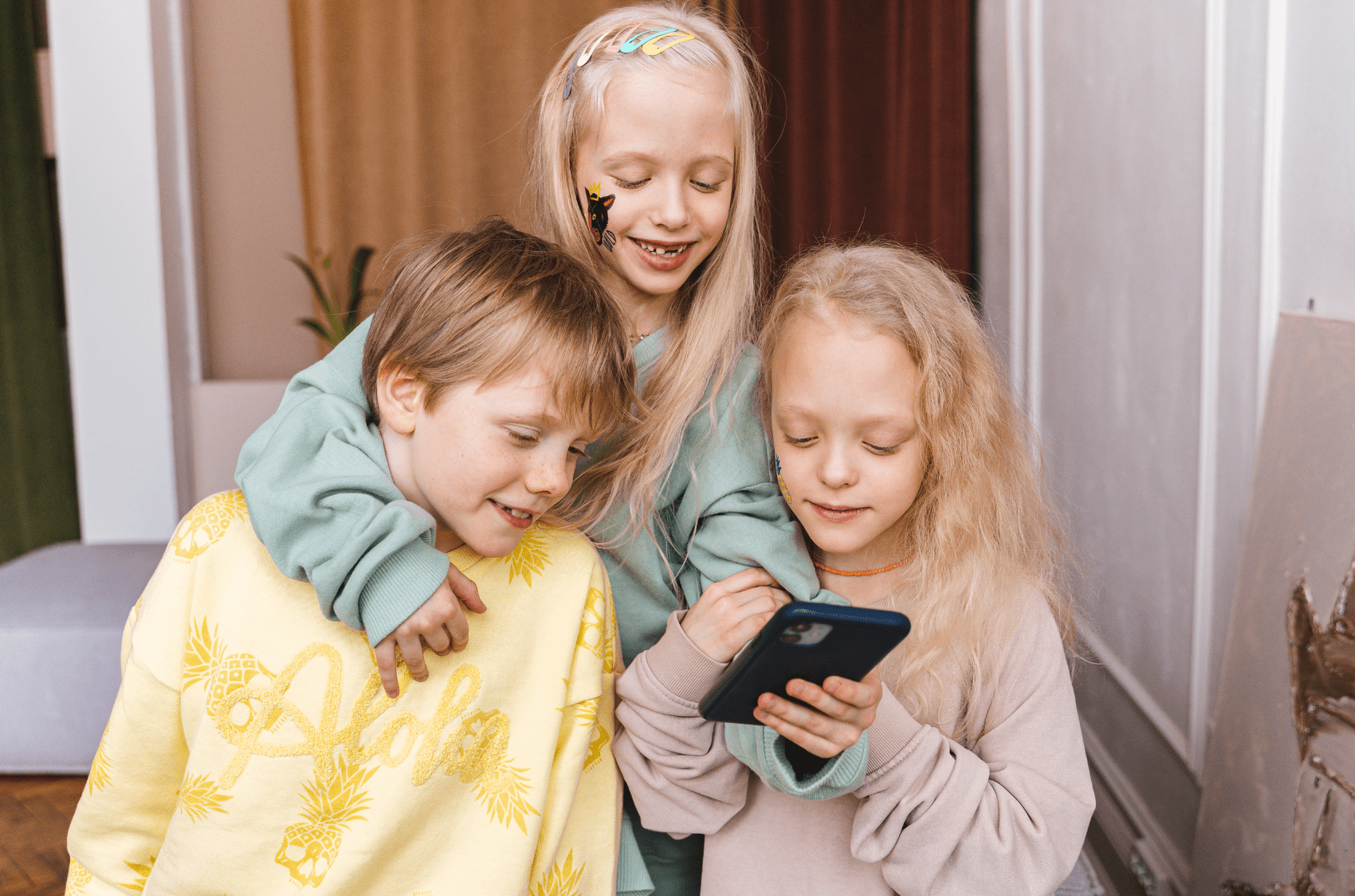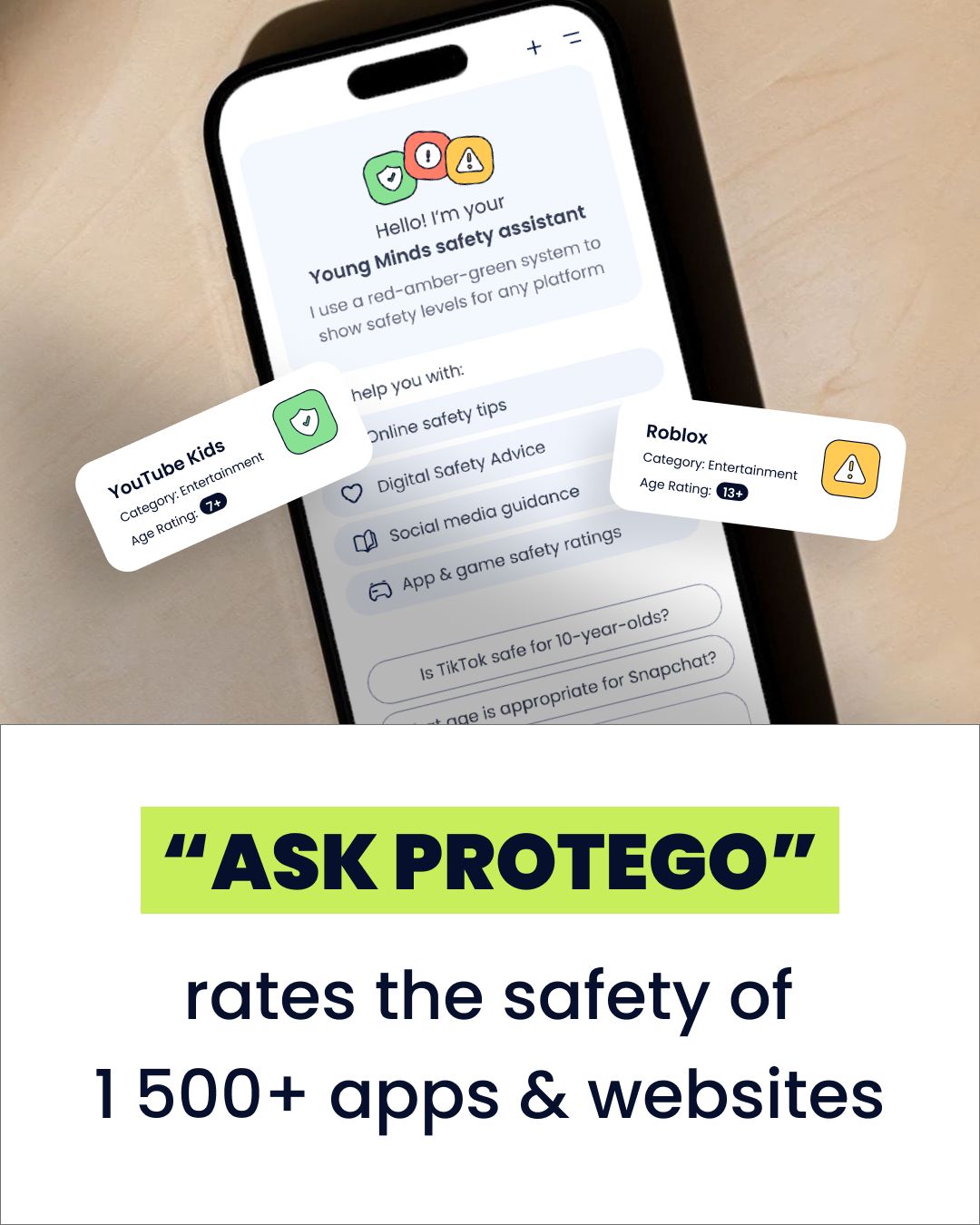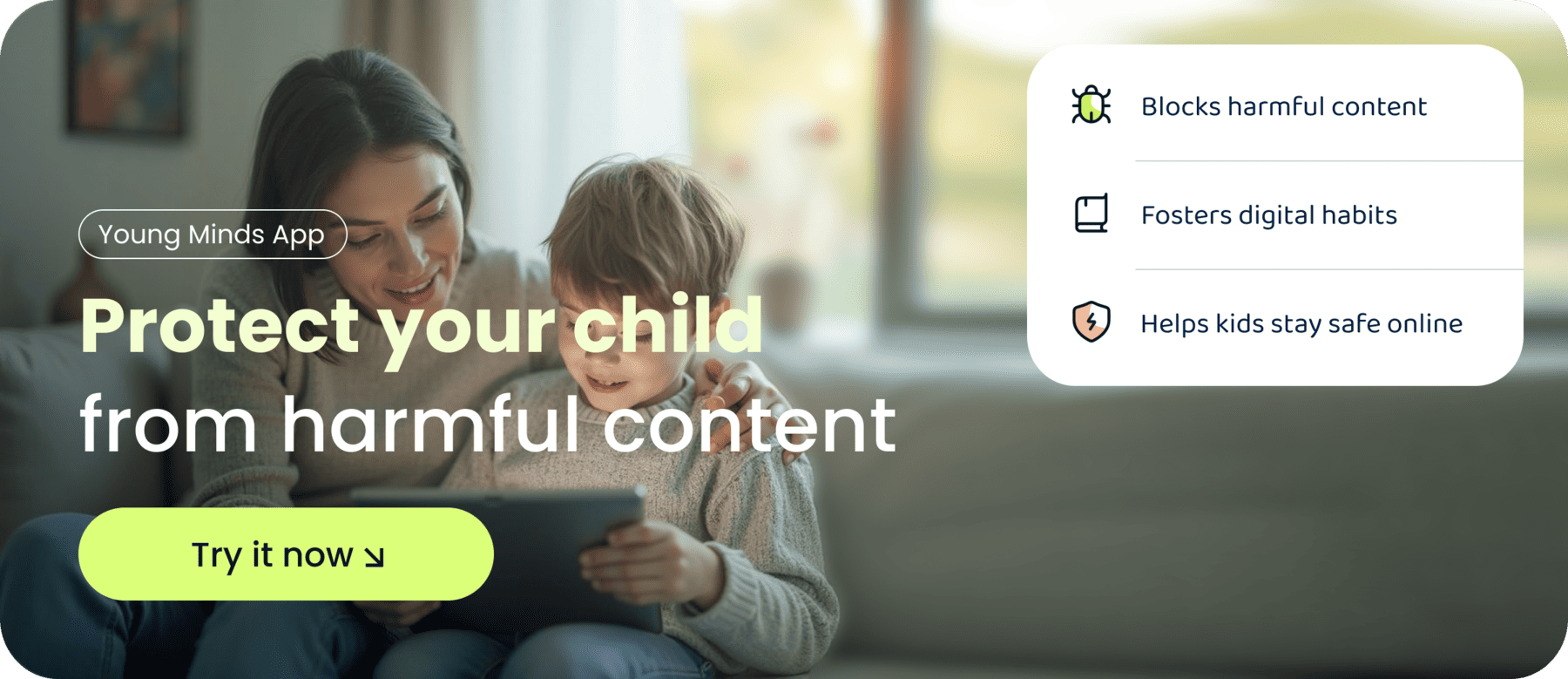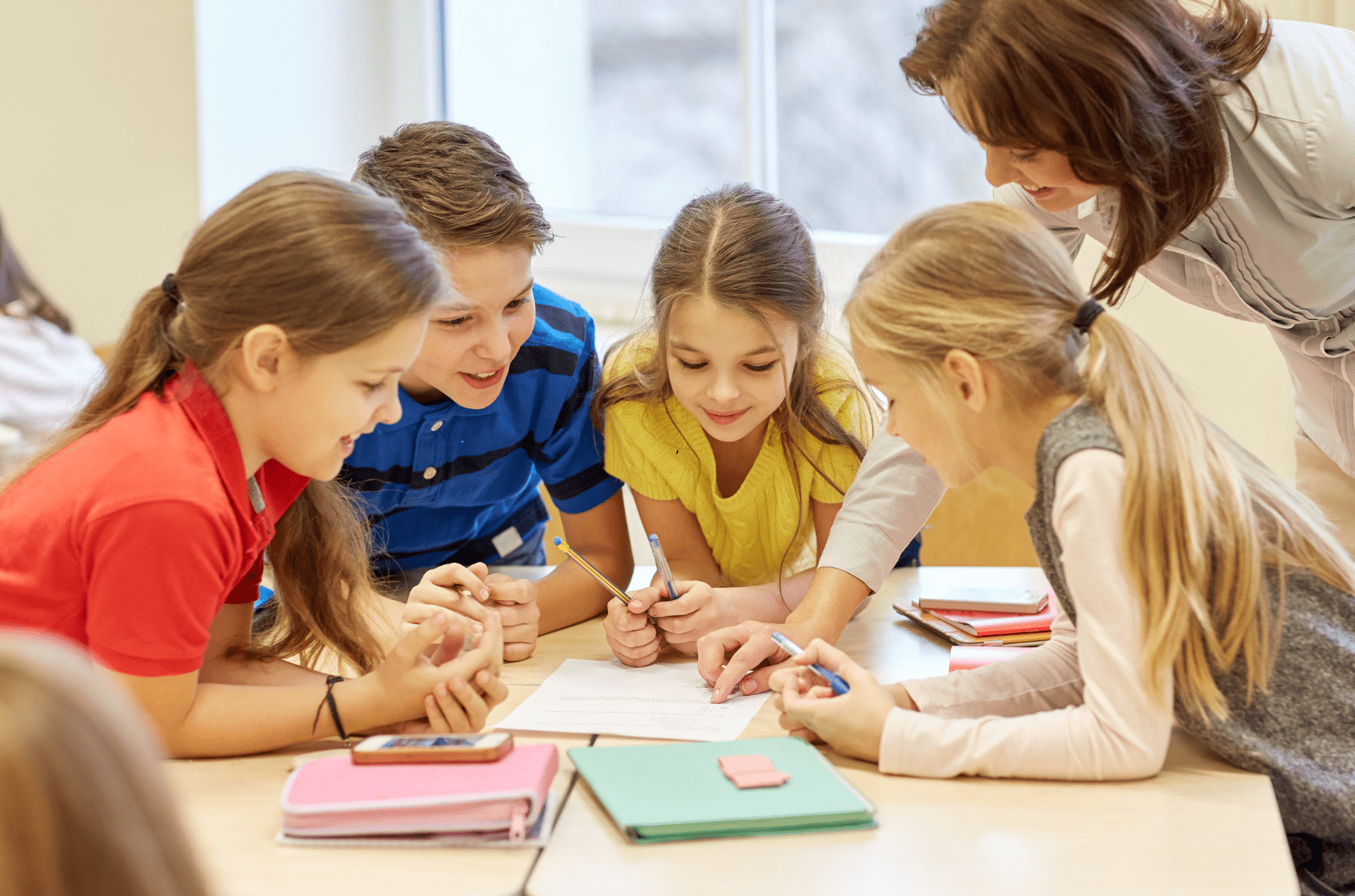Digital Wellness: Why It Matters
Most parents don’t wake up thinking, “I need to improve my family’s digital wellness.”
They wake up thinking:
Why does my kid melt down when I say no to the iPad?
Why does homework take three hours when the tablet is next to them?
Why does every screen rule turn into an argument?
This is the real heart of digital wellness, and it matters more than ever.
Young Minds App was built for that everyday reality. Not the theory. The real-life chaos of raising kids in a digital world.
Below is a simple guide to what digital wellness is, why it has become essential in the UK, and how Young Minds App has shaped its whole philosophy around it.
What Digital Wellness Actually Means
Digital wellness is the balance between how children use technology and how it affects their mood, behaviour, learning, and wellbeing.
It’s not about deleting apps or banning screens.
It’s about raising kids who can handle tech with confidence and self-control.
Healthy digital habits look like this:
• Kids understand risks, not just avoid them
• Screen time feels intentional, not automatic
• Devices support learning
• Families talk openly about what happens online
• Children build independence at the right pace
Digital wellness is a life skill. Kids will need it long after screen time charts and parental controls are gone.

Why It Matters More Than Ever
1. Kids Are Getting Their First Device Younger
Across the UK, most children get their first phone or tablet between 6 and 9.
This is where habits form.
Young Minds App focuses on this moment, not the crisis years later.
2. Old-Style Parental Controls Don’t Work
Blocking, banning, locking… it might work today, but it doesn’t build long term behaviour.
Kids need understanding, not fear.
They need skills, not just limits.
3. Parents Want Peace, Not Daily Battles
Screen time is now one of the biggest arguments in UK households.
Parents don’t want to be “bad cops”.
Young Minds App turns screen time into a shared learning journey instead of a power struggle.
4. Early Digital Behaviour Lasts
Kids who learn self-control and discipline young carry it into their teenage years.
This is why Young Minds App invests in the first device years, not the firefighting stage.

Why Young Minds App Is a Digital Wellness Company
Young Minds App was built around three pillars:
Education
Safety
Discipline
Not just controls. Not just content filtering. Actual growth and learning.
1. We teach digital wellness
Children learn why boundaries matter.
We replace “because I said so” with real understanding.
2. We build guided independence
Kids earn more freedom when they show responsibility.
It’s developmentally right and it builds trust.
3. We motivate, we don’t punish
Study Mode, Wind Down Mode, Bedtime Mode.
Children get rewarded for consistency, not fear of losing the device.
4. We use play to teach
Kids learn fastest by doing.
Young Minds App lets them explore safely and reflect on choices.
5. We strengthen family communication
Open conversations, shared decisions, guided check-ins.
Trust becomes the safety net.
What Makes Young Minds App Different
Most apps try to control the child.
Young Minds App helps the child learn to control themselves.
That’s the shift.
You can’t supervise every click.
But you can raise a child who knows what to do when you’re not watching.
Digital wellness isn’t a feature.
It’s a lifelong skill.
The Future Of Digital Wellness Starts Early
Your child’s digital journey starts the day they unlock their first device.
Young Minds App supports families with tools that protect, teach, and build confidence.
Where safety and independence grow together.
Where parents stop fighting screens and start guiding their children through them.
Parents also ask:
What is digital wellness?
Digital wellness is the balance between how children use technology and how it affects their emotional, mental, and physical wellbeing. It’s about helping kids build healthy, responsible habits, not restricting every click.
How do you help children practise digital wellness?
Children practise digital wellness through guidance, routine, and understanding. This includes learning why boundaries matter, using devices with purpose, building self-control, and developing confidence as they explore the online world safely.
How can the Young Minds App support digital wellness?
Young Minds App promotes digital wellness by combining safety tools with education, positive routines, and rewards. Kids learn responsible behaviour, earn independence, and build healthy digital habits, while parents stay informed and connected.





